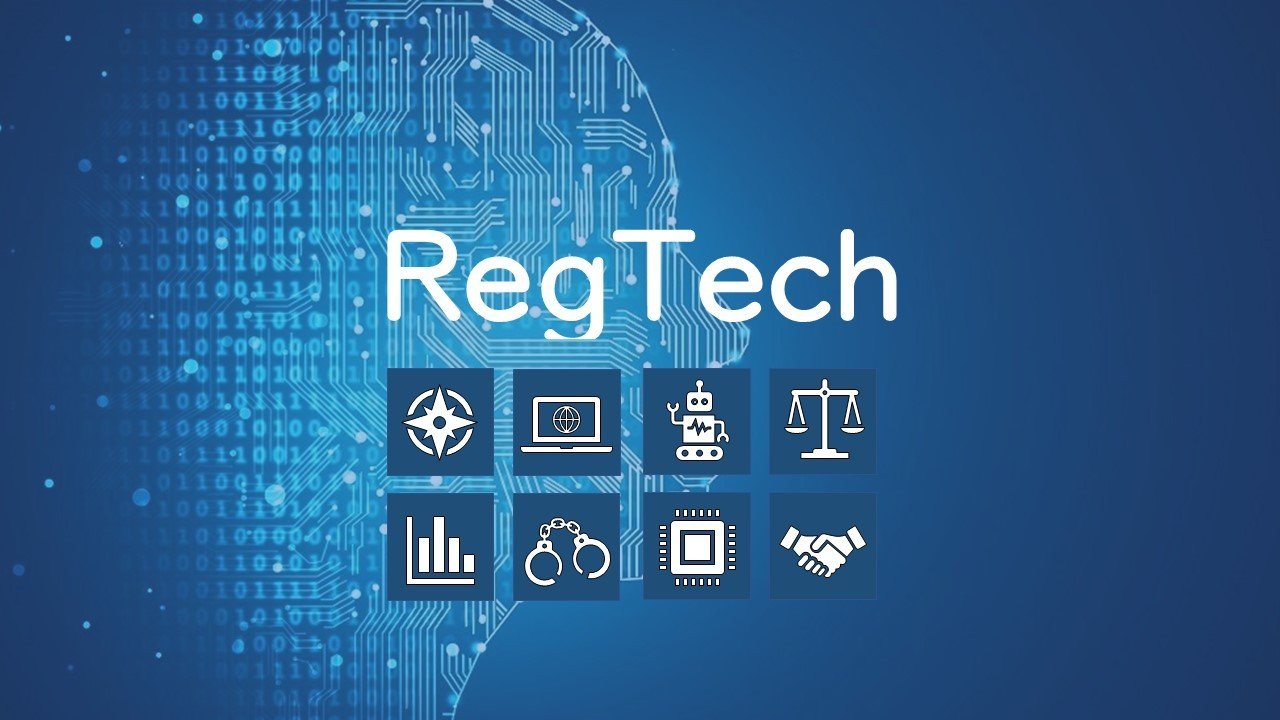Regulatory Technology (RegTech) and its Impact on GRC Practices
- 1 Understanding RegTech: Where Innovation Meets Compliance
- 2 Redefining GRC Practices through RegTech Solutions
- 3 The Evolving Role of RegTech in the Future of GRC
- 4 Challenges and Considerations
- 4.1 1. Data Privacy and Security Concerns:
- 4.2 2. Integration Complexities:
- 4.3 3. Skill Gap and Expertise:
- 4.4 4. Regulatory Complexity:
- 4.5 5. Cost Considerations:
- 4.6 6. Regulatory Acceptance and Standardization:
- 5 Final Thoughts
In the dynamic landscape of finance, compliance, and risk management, the rise of Regulatory Technology, or RegTech, has emerged as a transformative force. RegTech represents a blend of technological innovation and regulatory adherence, reshaping industry Governance, Risk, and Compliance (GRC) practices. This article aims to delve into the profound impact of RegTech on GRC strategies, elucidating its significance and the evolving landscape it fosters.
Understanding RegTech: Where Innovation Meets Compliance
RegTech embodies a spectrum of technologies—ranging from artificial intelligence and machine learning to blockchain and big data analytics—that streamline and automate compliance processes. Its core objective is to assist businesses in navigating the complex web of regulations efficiently, effectively, and in real time. By leveraging these innovative tools, organizations can stay ahead of compliance challenges while minimizing risks and operational costs.
Redefining GRC Practices through RegTech Solutions

- Automated Compliance Monitoring: RegTech empowers companies to automate data collection, analysis, and reporting, enabling real-time monitoring of regulatory changes. This proactive approach enhances compliance accuracy and reduces the margin for error.
- Enhanced Risk Management: Through predictive analytics and risk assessment algorithms, RegTech aids in identifying potential risks before they escalate. This predictive capability allows organizations to adopt a preemptive risk management approach, safeguarding against unforeseen challenges.
- Efficient Reporting and Transparency: RegTech tools streamline the reporting process by consolidating vast amounts of data into comprehensive reports. This ensures compliance and enhances transparency, facilitating better decision-making at all organizational levels.
- Adapting to Regulatory Changes: The agile nature of RegTech enables businesses to adapt swiftly to regulatory alterations. Companies can mitigate non-compliance risks and avoid penalties by automatically updating compliance protocols.
The Evolving Role of RegTech in the Future of GRC
As regulations continue to evolve and become increasingly complex, the role of RegTech in GRC practices will only intensify. It will witness further integration of AI-driven solutions, blockchain for secure data management, and advanced analytics for predictive compliance.
Challenges and Considerations
While RegTech presents a myriad of opportunities, challenges persist. Data privacy concerns, integration complexities, and the need for skilled personnel proficient in regulatory and technological domains remain areas that demand attention. The Challenges and Considerations section of integrating Regulatory Technology (RegTech) into Governance, Risk, and Compliance (GRC) practices encompasses several crucial aspects that warrant attention and strategic planning:
1. Data Privacy and Security Concerns:
RegTech heavily relies on vast amounts of sensitive data to operate efficiently. Ensuring the privacy and security of this data poses a significant challenge. As regulatory requirements surrounding data privacy become more stringent (e.g., GDPR, CCPA), businesses utilizing RegTech must navigate complex compliance landscapes to protect consumer data adequately.
2. Integration Complexities:
Integrating RegTech solutions into existing systems and workflows can be intricate and time-consuming. Compatibility issues with legacy systems, interoperability challenges, and the need for seamless data migration can hinder the smooth adoption of RegTech tools. Companies need robust strategies and technical expertise to integrate these technologies effectively.
3. Skill Gap and Expertise:
The convergence of regulatory knowledge and technological prowess is essential for the successful implementation of RegTech. A skill gap exists where professionals proficient in regulatory compliance and technology are relatively scarce. Companies need to invest in training and hiring individuals equipped with the requisite interdisciplinary skills to harness the full potential of RegTech solutions.
4. Regulatory Complexity:
Regulatory landscapes continually evolve and become increasingly complex across various industries and regions. Adapting RegTech solutions to these changing regulations requires continuous monitoring and updates. Staying abreast of regulatory changes and ensuring that RegTech tools remain compliant can be a significant challenge for organizations.
5. Cost Considerations:
While RegTech promises efficiency gains and reductions in the long term, initial implementation costs can be substantial. Companies must invest in technology infrastructure, software licenses, training, and ongoing maintenance. Calculating the return on investment (ROI) and justifying these upfront costs can be a hurdle for some organizations.
6. Regulatory Acceptance and Standardization:
Regulators’ acceptance and endorsement of RegTech solutions vary across jurisdictions. Establishing uniform standards and gaining regulatory approval for using these technologies in compliance procedures is crucial. Achieving consensus and standardization among regulatory bodies can expedite the adoption and widespread use of RegTech solutions.
Final Thoughts
RegTech is a beacon of innovation, revolutionizing the traditional GRC landscape by seamlessly amalgamating technology and compliance. Its continued evolution promises a future where organizations navigate regulatory landscapes with agility and efficiency.
In conclusion, integrating RegTech into GRC practices heralds a new era of compliance—one where technology catalyses efficient risk management, enhanced transparency, and proactive regulatory adherence.
As businesses traverse this transformative journey, embracing RegTech ensures regulatory compliance and fosters resilience and competitiveness in an ever-evolving regulatory environment.

















